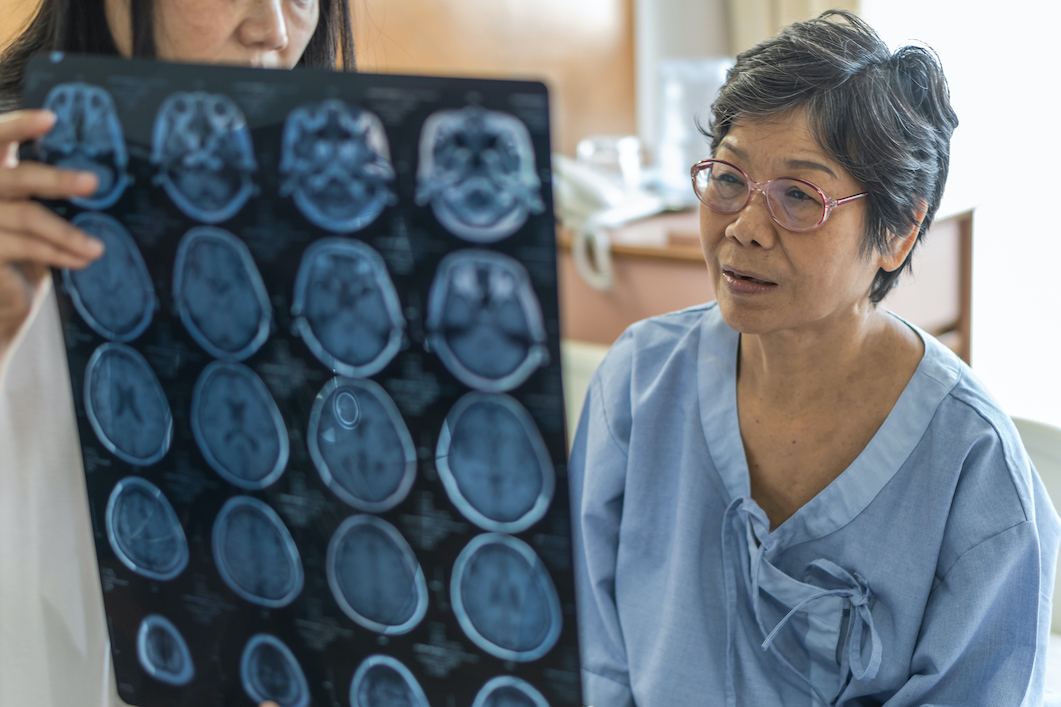
Symptoms and Warning Signs
- Memory Loss: The most common initial symptom, especially forgetting recently learned information.
- Difficulty Performing Familiar Tasks: Struggling to complete everyday tasks like preparing a meal or using a household appliance.
- Problems with Language: Forgetting simple words or substituting unusual words, making speech or writing hard to understand.
- Disorientation to Time and Place: Losing track of dates, seasons, and the passage of time, or forgetting where they are or how they got there.
- Poor or Decreased Judgment: Poor decision-making, such as giving large amounts of money to telemarketers.
- Problems with Abstract Thinking: Difficulty in understanding abstract concepts, such as numbers and money.
- Misplacing Things: Placing items in unusual places, such as putting a wallet in the refrigerator.
- Changes in Mood or Behavior: Rapid mood swings, including confusion, suspicion, fear, or anxiety.
- Changes in Personality: Becoming confused, suspicious, or withdrawn.
- Loss of Initiative: Becoming passive, less interested in starting new projects or engaging in activities.
Stages of Alzheimer’s Disease
- Preclinical Stage: No symptoms are evident, but there might be detectable changes in the brain.
- Mild Cognitive Impairment (MCI): Noticeable memory problems, but not severe enough to interfere with daily life.
- Mild Dementia: Increased memory loss, difficulty in daily tasks, and personality changes.
- Moderate Dementia: Significant memory loss, confusion, inability to recognize family and friends, and assistance needed with daily activities.
- Severe Dementia: Loss of ability to communicate, require full-time assistance with personal care, and experience significant physical decline.
Latest Drug News
Recent advancements in Alzheimer’s treatment include the development and approval of new drugs that target amyloid plaques in the brain, which are believed to contribute to Alzheimer’s disease. One such drug is Lecanemab, which has shown promise in slowing cognitive decline in early stages of Alzheimer’s. The FDA has granted accelerated approval for some of these treatments, which marks a significant step forward in Alzheimer’s care.
Sources:
- Alzheimer’s Association: alz.org
- Mayo Clinic: mayoclinic.org
- National Institute on Aging: nia.nih.gov
- FDA: fda.gov
Where to Get Support and Best Care
- Alzheimer’s Association: Offers a 24/7 helpline (1-800-272-3900), support groups, and educational resources.
- Local Support Groups: Many communities have support groups for those affected by Alzheimer’s.
- Healthcare Providers: Neurologists, geriatricians, and primary care doctors can offer medical care and referrals to specialists.
- Memory Care Facilities: Specialized care facilities that provide tailored care for those with Alzheimer’s.
- Home Care Services: In-home care services can provide assistance with daily activities and medical care.
- Online Resources: Websites like the Alzheimer’s Association and National Institute on Aging offer extensive resources and information.
Support and Care Resources:
- Alzheimer’s Association: Support and Resources
- National Institute on Aging: Caregiving
- Mayo Clinic: Alzheimer’s Caregiving
These resources provide comprehensive information and support for individuals and families dealing with Alzheimer’s disease.
-Nguyễn Duy Khiêm-
